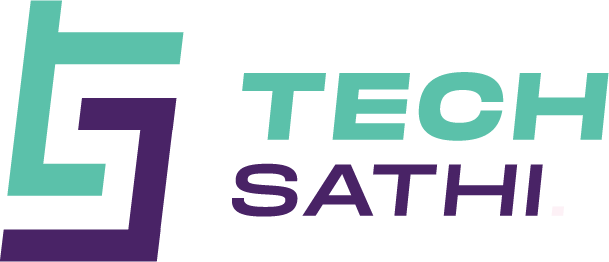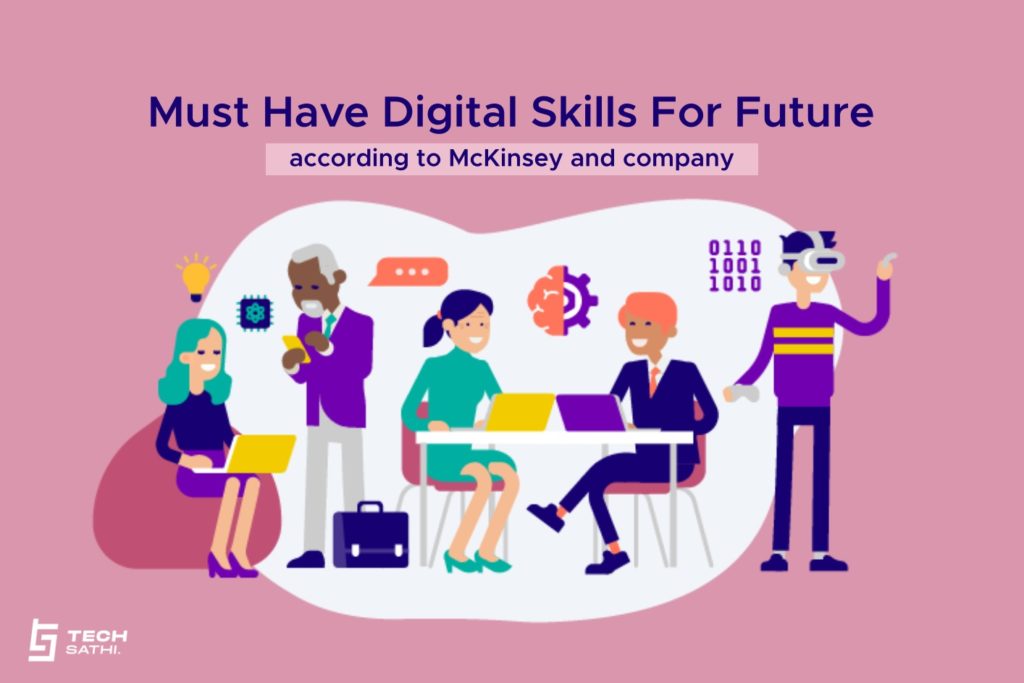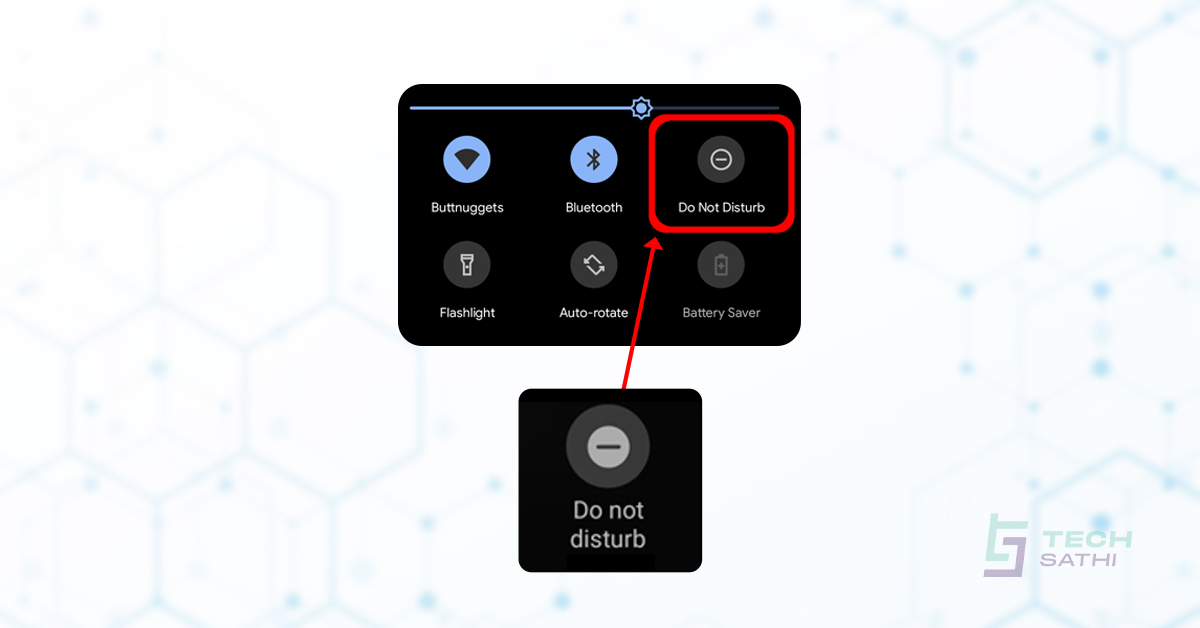We live in a world with continuous digital and technological change. The digital age is expanding into all areas of our lives, and it is not just those who work in IT that will need to be alert of this change. In the modern workplace, digital skills are highly valued; but in the future, digital skills will be vital. So, for those who wish to adapt to the future, they must learn new digital skills. According to the research conducted by McKinsey Global Institute, here are the few digital skills that will help you thrive in the future.

1. Programming Literacy
Programming is evidently an industry that is booming. Most of the job searching websites have coding and its related terms as prominent keywords in job listings. This is likely to grow further in future. The core languages that most programming and web/app development positions need include Bootstrap, jQuery, Angular, Code Igniter, PHP/JavaScript and MySQL. It is beneficial to have a portfolio of projects demonstrating your coding skills in order to o validate your knowledge and expertise in the field. Besides this, coding is also vital for emerging technologies such as augmented reality (AR) and virtual reality (VR).
2. Computational and Algorithmic Thinking
Nothing happens by magic. Every problem requires critical thinking and a set of processes to be solved. Computational and Algorithmic Thinking is a technique to solve complex problems. It is is a way of getting to a solution through the clear definition of the steps needed. Decomposition, Pattern Recognition, and Abstraction are a few concepts used in computational thinking. As the world is moving forward rapidly, plenty of complex problems will appear in the future. So, a lot of companies will require workforce that has computational and algorithmic thinking ability.
3. Data Analysis and Statistics
This is an era of big data. Many companies are sitting on a mountain of untapped information about their customers, process and workforce. These data possess a lot of value and potentiality. So, it is very important for business and organizations to know how to utilize all of the gathered data. If used correctly, the information obtained from these data can be pivoting for many new businesses. That’s why many companies in the future will be looking for employees who can extract, analyze and translate useful information.
4. Cybersecurity Literacy
Of all the skills that we have mentioned, cyber and network security seems least glamorous. But do not let the name fool you. This skill is equally or even more important than other mentioned skills. Cybersecurity is one of the biggest issues of today and will continue to be as digital transformation advances. A lot of companies like LinkedIn, Facebook and many more are suffering from data leak and unwanted invasion. To stop these invasions, cybersecurity specialists are needed. Having a workforce that understands the basics of online security is a plus point in the future.
Also Read: Social Media: History, Significance and Impacts | How can we make the most out of Social Media?
5. Digital Ethics
Digital ethics is the field of study concerned with the way technology is shaping and will shape our political, social, and moral existence. Without ethics and a clear mindset, we cannot ensure the fruitfulness of our digital and technological advances. That’s why digital ethics is crucial in today’s world. It teaches us how to manage oneself ethically, professionally and in a clinically sound manner via online and digital mediums. Before we do any critical task, we need to check its ethical implimations to the society, company and individual. Therefore, ethical clarity in digital world will play significant role in future.
Conclusion
We have no idea what the job market will look like in 2050. But considering the technologic change in recent times, we are confident that these digital skills mentioned by McKinsey and company will help you thrive in the future. You may not develop these skills in a day or so. But, what you need to do is to make sure you keep working on them regularly. In the near future, it will definitely help you stay within the loop of technological change and even stay at the top of it.





